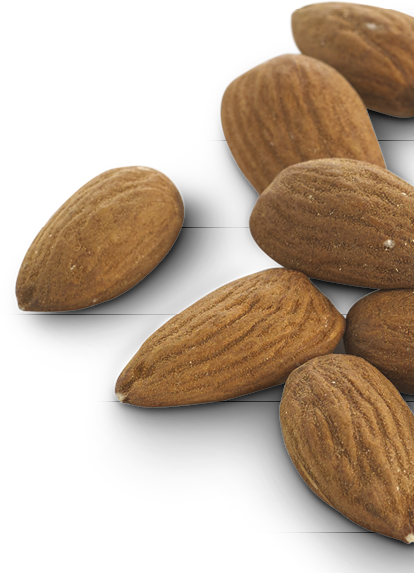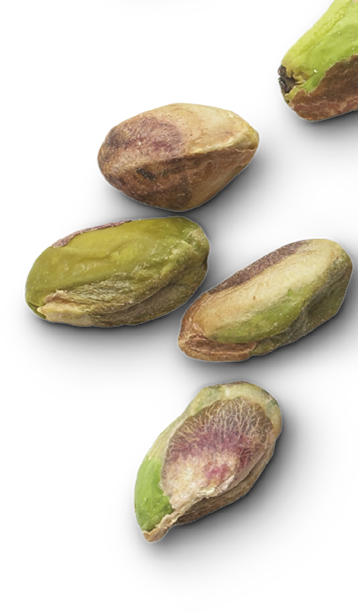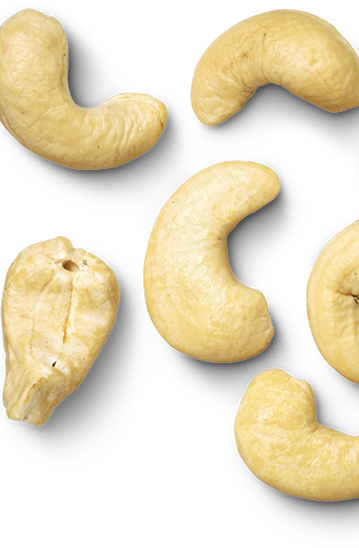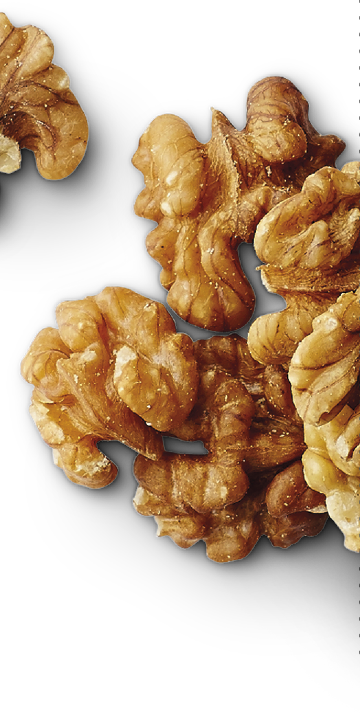-SUPERGROUP-
NUTS
Nuts are little wonders, loaded with minerals, phytochemicals, and essential fats that keep the heart healthy as well as helping to prevent bowel cancer, gallstones, and type 2 diabetes. In addition, eating them regularly may help with weight management, and “cleaning up your diet”. Plus, new research shows they may also slow down the ageing process.
Nuts vary in the vitamins, minerals, and phytochemicals they contain, so enjoy eating a selection to gain the maximum health-promoting nutrients. Here are some of the most commonly available nuts that are best for longevity.
Almonds
- have considerably more bone-strengthening calcium than other nuts, which may help prevent osteoporosis
- are one of the best for eye-friendly vitamin E.
Peanuts
- contain fewer calories, less fat, and more B vitamins than other nuts
- are a very good source of folate, containing around double the amount of almonds and pistachios and four times more than Brazil nuts.
Pistachios
- are the only nut to contain significant amounts of the antioxidants lutein and zeaxanthin, for good eye health.
Cashew nuts
- contain more immune system-boosting copper than most other nuts – around twice as much as almonds, peanuts, and pistachios.
Brazil nuts
- are exceptionally high in the antioxidant selenium, which is essential for a healthy immune system and protects against disease-causing free radical damage.
Walnuts
- are rich in a poly-unsaturated fat called alpha-linolenic acid, which the body uses to make the omega-3 fats (EPA and DHA) that occur naturally in oil-rich fish.
Eat one 28g (1oz) serving of nuts a day.
Keep in a sealed packet or an airtight container in a cool, dark place.
Always choose unflavoured, plain nuts as flavoured nuts contain seasonings, salt, honey, and/or sugar.
Nuts are nutritious both raw or cooked; roast or bake at a low temperature.
Ageing slow down
It sounds too good to be true, but early research suggests eating nuts helps to slow down the shortening of telomeres. After studying the DNA of more than 5000 adults, scientists found those who consumed 5 per cent of their calories from nuts and seeds had more than 18 months of reduced cell ageing.
Prevention of bowel cancer
Eating peanuts may help protect against colorectal cancer – a study of 24,000 adults found the risk of bowel cancer was cut by 58 per cent in women and 27 per cent in men when peanuts were eaten twice a week. It’s believed phytic acid, phytosterols, and resveratrol may protect against cancer.
 58%
58%
reduction in bowel cancer in women when peanuts were eaten twice a week.
Disease protector
Nuts can protect against a wide range of diseases, from cancer to gallstones. A study of 120,000 Americans over a 26–30-year time period found daily nut eaters were a fifth less likely to have died than those who avoided them. Plus, a review of 29 studies found eating 28g (1oz) of nuts each day cut the risk of cancer by 15 per cent and cardiovascular disease by 21 per cent. The same review concluded eating 28g (1oz) of nuts each day reduced the risk of dying from various diseases:
Helping tackle obesity
Research confirms that eating nuts regularly doesn’t cause weight gain and may aid weight loss. In one study of 51,000 women, those who ate nuts at least twice a week gained less weight over eight years than those who avoided them.
Prevent gallstones
One large study found that women who ate at least 28g (1oz) of nuts five times a week had a 25 per cent lower risk of getting gallstones. Another study found that for nut-eating men the risk of getting gallstones was 30 per cent lower.










